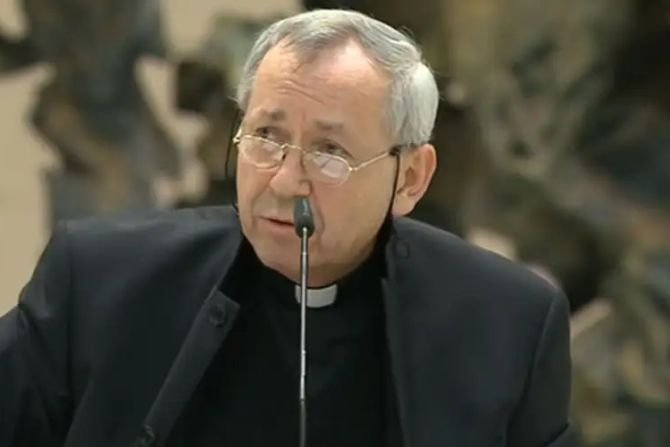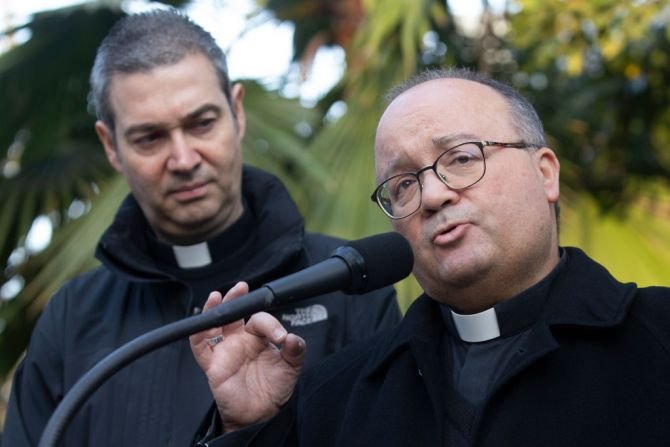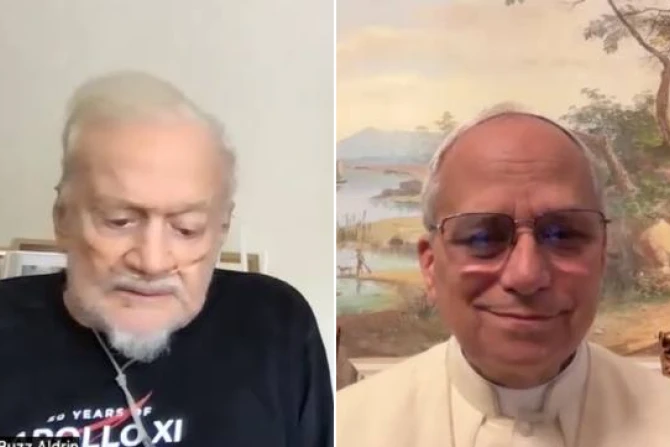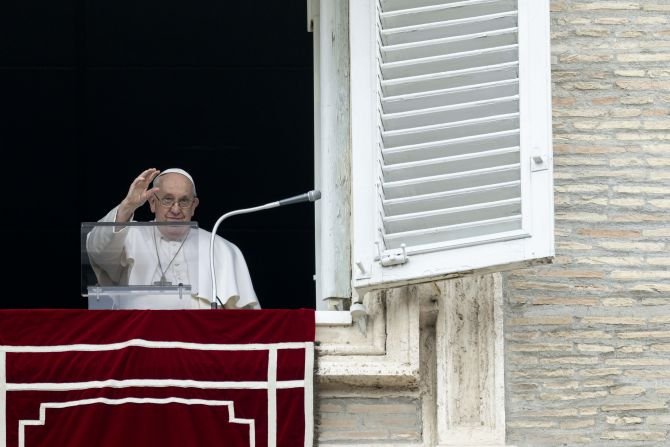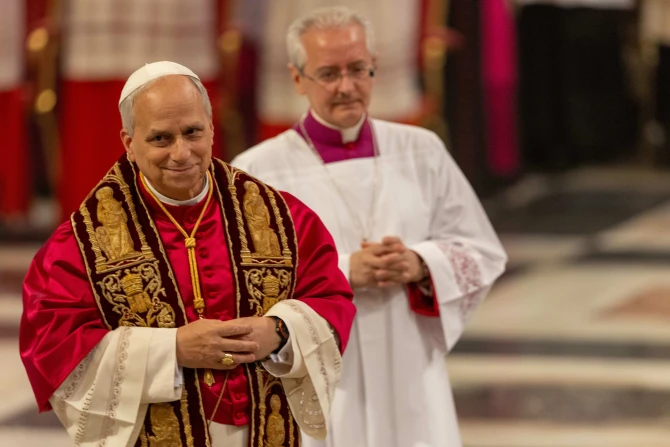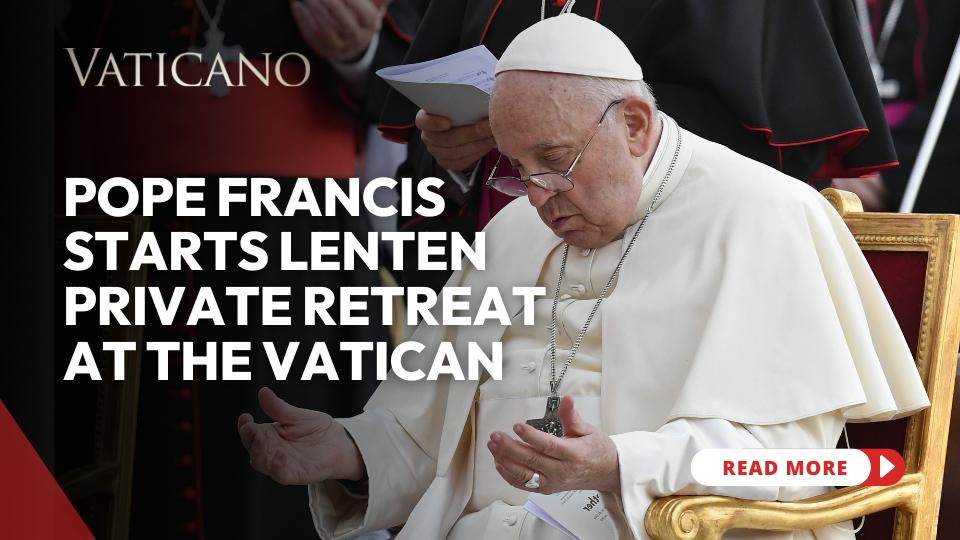The former superior of the now-expelled Father Marko Rupnik has stated that “internal procedures” at the Vatican prevented the Jesuit order from prosecuting the disgraced artist priest more vigorously for his sexual, spiritual, and psychological abuse of several women, according to an Associated Press report published Monday.
A communication officer at the Jesuit curia in Rome confirmed to CNA that the AP report, based on a letter written by Father Johan Verschueren, the major superior for the Jesuits’ international houses, is accurate.
In the letter, Verschuren confirmed that Rupnik is no longer a Jesuit after the Slovenian priest did not appeal his June expulsion before a July 14 deadline. The decree of expulsion was issued for what the Jesuits said at the time was Rupnik’s “stubborn refusal to observe the vow of obedience” after he had refused direction from his superiors to enter into a process of reparation for his abusive behavior.
Responding to criticisms that Rupnik is still a priest, Verschueren wrote that the Vatican’s current legislation “precluded an investigation that could have led to a harsher penalty,” according to the AP. The Vatican strengthened its laws to criminalize clerical abuse of adults in June 2021 but did not retroactively apply them to reported acts of abuse committed by Rupnik between 1985 and 2018 that had been found credible by the Jesuits’ investigative team.
The Jesuit superior had previously said that removing Rupnik from the clerical state or ordering the abuser priest into a life of penance were possible options, but, under present norms, Rupnik remains a priest without any direct supervision and he hypothetically could be put into ministry by a sympathetic bishop.
In his letter, Verschuren also noted that the Jesuits would disaffiliate from the Centro Aletti, an artistic community founded by Rupnik in the 1990s and has since been linked canonically with the order.
The controversy surrounding Rupnik, whose mosaics can be found in some of the most prominent Catholic religious sites in the world and have been regularly used in Vatican initiatives, has raised serious questions about the Society of Jesus’ handling of abuse claims — and also of Pope Francis’ role in the matter.
Knowledge of Rupnik’s abuse — which he is alleged to have inflicted upon religious sisters during his time as the leader of the Loyola Community in Slovenia in the 1980s, but also in the following decades — only became public knowledge after Italian media began reporting on accusations of abuse.
The superior general of the Society of Jesus, Father Arturo Sosa, confirmed on Dec. 14, 2022, that Rupnik had been excommunicated in May 2020 for having absolved one of his accomplices, a measure that was lifted that same month after he repented.
During a Jan. 24 AP interview, Pope Francis was asked if he had any role in deciding Rupnik’s case, to which he replied: “I had nothing to do with this,” adding that he was only “involved in a small process that came to the Congregation of Faith in the past.”
This article was previously issued on CNA.

